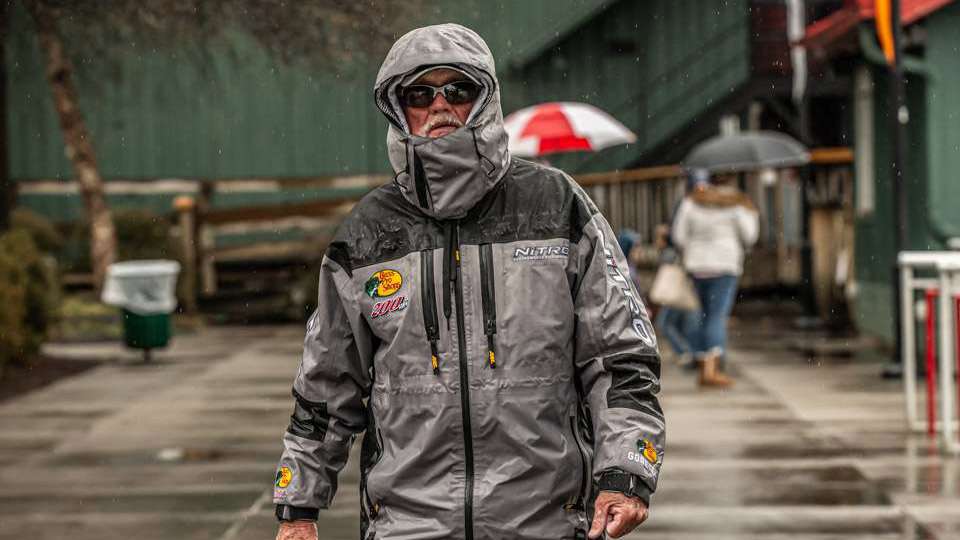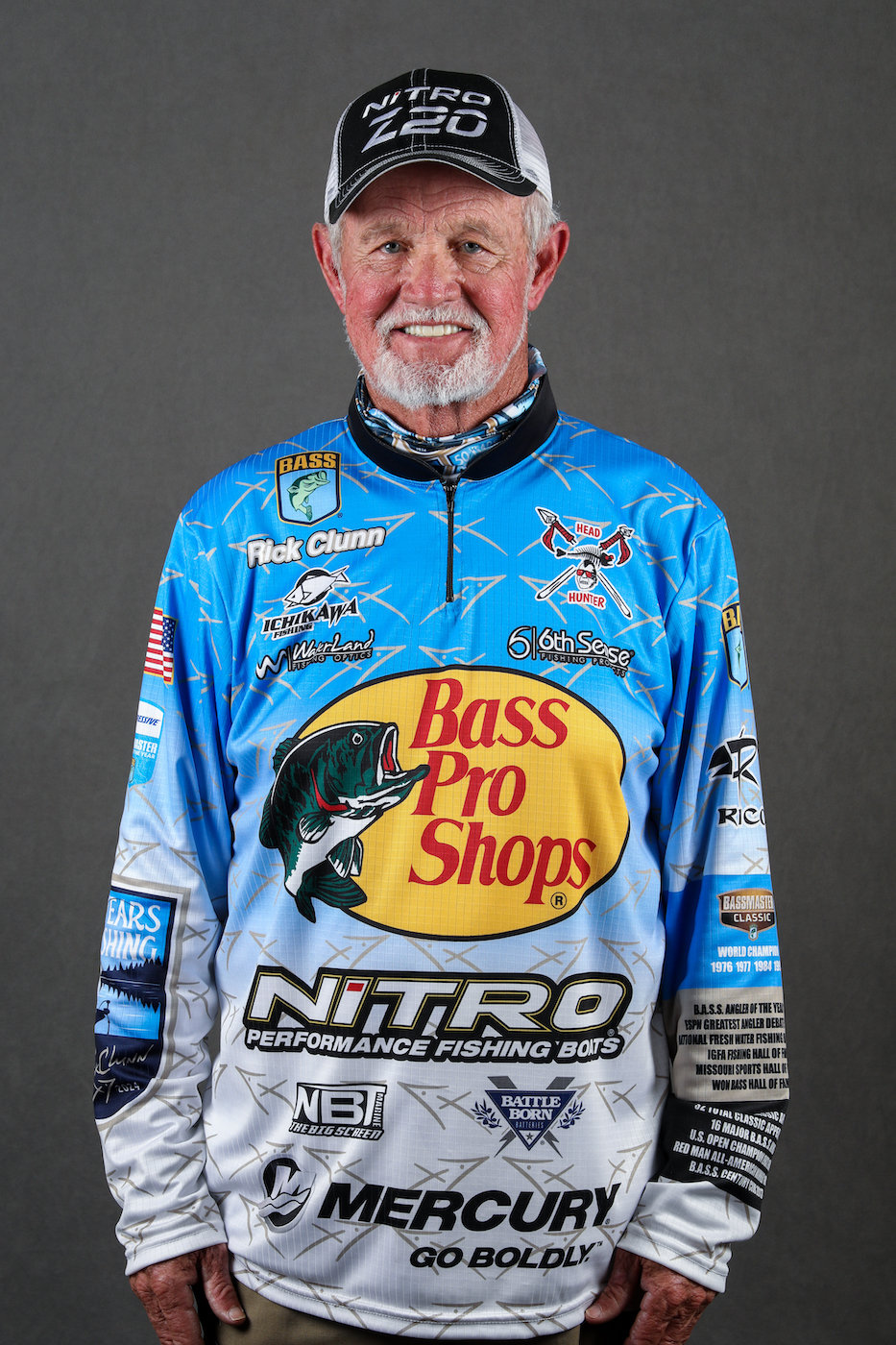
The Bassmaster Elite Series tour is full of good young anglers, some middle age pros and a few of us older veterans.
I marvel at the ability of the young guys coming into our sport. And like I said in a previous column, I may be one of the veterans they come to for advice, but I’m learning from them as well.
This is our third year with the new crop of Elite anglers. I’ve been observing some of the differences between today’s angler and the seemingly more experienced group, and believe me, there are big differences.
Perhaps the most noticeable is the amount of homework the youngsters do before an event. That’s how these kids compensate for lack of experience on a body of water.
For example, they invest copious amounts of time on the internet, learning details about every possible tournament held on a specific body of water. They study the history and compile knowledge that tells them how to deal with specific conditions should they occur during an event.
They do it through tournament reports and social media. They know how tournaments were won, with what baits and why it worked for the angler.
I’ve had some discuss with me a tournament I won 35 years ago and how many fish I’ve caught on each bait.
They also study the lakes through satellite imaging and Google Earth available on the internet. They invest in the premium real-time versions as well as the way the lake looked four years ago. They know the lake so well it’s like they walked the shoreline before they ever get to the body of water.
They’ve embraced the most current version of electronics and used them at a level most of us older guys didn’t know existed on our own units. We grew up learning through on-the-water observations and then guessed what was on the bottom.
Not these kids. They not only know what’s there, but they can put their lures in very small specific spots because of it.
That’s where they excel over any other group I’ve ever fished against.
They’re good – actually better than good – with multiple techniques. In my heyday, the top anglers were specialists. David Fritts, Paul Elias and I were crankbait specialists. Denny Brauer was a flipping specialist.
You can’t be set in your ways and just be a specialist and be consistently successful against today’s young anglers.
If you’re experienced and in your late 40s, 50s, 60s or 70s like me, we have to make changes if we want to catch up.
One of the hardest things to do is to let go of past success. I have to file away how I was successful 30 years ago and adapt to what’s available today to remain relevant.
Watching these kids and trying to learn from them has revitalized the fire in me. Learning keeps me excited about this sport.
Although I’m way behind, they’re teaching me how to properly set up and use today’s electronics and how to apply what I learn from Google Earth while on the water. On the other hand, I’m never going to have numerous graphs bolted to my boat – although I probably should.
If my body holds up I can keep up with them physically. I’ve always believed you have to fish harder than anyone the last two hours of a tournament. Don’t settle for 25 pounds in the livewell; push yourself to get 26. For us older folks, that gets tougher to do with age.
These kids never get tired and love to fish. I hope they never lose that passion.
When I left a good career at Exxon to fish professionally, my only goal was to make enough money to pay bills by doing what I love to do.
I still live by that today.
Too many anglers come in expecting to become millionaires. When it doesn’t happen quickly, they become whiners and negative thinkers. I see that in some of the veteran guys; they lose their passion for fishing and their careers show it.
Retain the passion and hard work that carried you into competitive fishing. Stay current with the trends, and you will enjoy a satisfying career.

